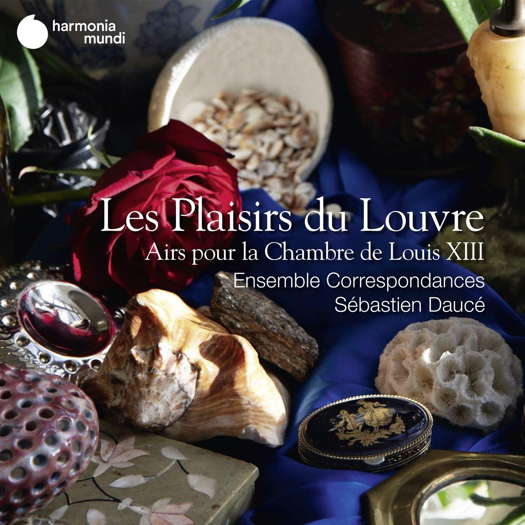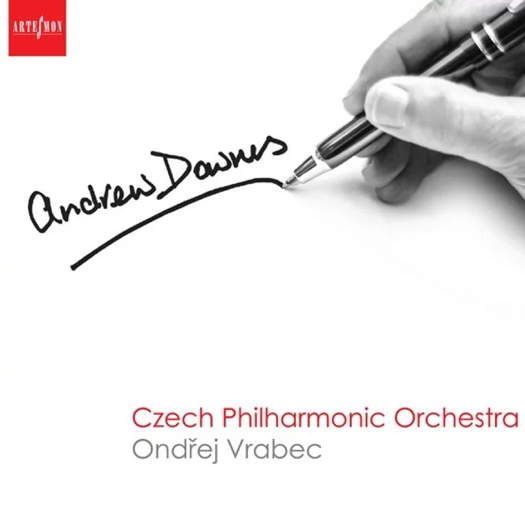 DISCUSSION: What is a work? John Dante Prevedini leads a discussion about The performing artist as co-creator, including contributions from Halida Dinova, Yekaterina Lebedeva, Béla Hartmann, David Arditti and Stephen Francis Vasta.
DISCUSSION: What is a work? John Dante Prevedini leads a discussion about The performing artist as co-creator, including contributions from Halida Dinova, Yekaterina Lebedeva, Béla Hartmann, David Arditti and Stephen Francis Vasta.

Translucent Performances
GERALD FENECH listens to
music written for Louis XIII
'... a rich array of delicately chiselled miniatures full of fragile beauty and sweet-sounding textures.'
The 'air de cour' at the time of Louis XIII was a by-product of the humanist debate of the late Renaissance and served as an embellishment to royal ballets and divertissements, whose splendour it enhanced with large-scale vocal solos and stirring choruses. Much of these 'airs' were settings of 'galant' poetry, and the music composed for this particular genre of literature was capable of expressing all the passions of the realm of love. Indeed the 'air de cour' was one of the emblematic elements of a society where the real man devoted himself to the art of pleasing those around him in an elegant way according to the codes of culture imposed by literary 'preciosite'.
It is pertinent to point out that before Versailles, the epicentre of power in France was the Louvre, a genuine theatre of French 'pomp and circumstance', where music was duty-bound to impress with its magnificence and inventiveness.
In Louis XIII's reign (1640-1643), the 'air de cour' and ballet inspired the elite of composers to embrace this popular form of entertainment, and this CD is devoted to pieces by some of the most prolific musicians of this age; composers such as Pierre Guedron (circa 1565-1620), Étienne Moulinié (1599-1676) and François de Chancy (circa 1600-1656).
Listen — François de Chancy: Rares fleurs vivante peinture
(track 27, 0:58-1:56) © 2020 harmonia mundi musique sas :
Still, the most famous of all remains Antoine Boesset (1587-1643) who steered the polyphonic air, inherited from the Renaissance, towards a more intimate conception which preceded the opulence of the 'Sun King'.
Listen — Antoine Boesset: Astres pleins de malheurs
(track 5, 0:01-1:01) © 2020 harmonia mundi musique sas :
The programme also includes instrumental pieces by Louis Couperin (1626-1661), Jacques Chambonnières (1601-1672) and Louis Constantin.
Listen — Jacques Champion de Chambonnières: L'Entretien des Dieux
(track 19, 4:14-5:06) © 2020 harmonia mundi musique sas :
This collection is certainly a rich array of delicately chiselled miniatures full of fragile beauty and sweet-sounding textures. Above all, they reveal a great understanding of the poetic text and a keen awareness for word-setting, melody and counterpoint.
Sébastien Daucé and his Ensemble Correspondances give translucent performances that are warm and expressively controlled, while remaining loyal to the style of the age. A splendid issue, with eye catching presentation and generous playing time plus some really riveting notes to boot.
Copyright © 2 April 2020
Gerald Fenech,
Gzira, Malta

CD INFORMATION: LES PLAISIRS DU LOUVRE
FURTHER INFORMATION: HARMONIA MUNDI



